Youth Physical Development
The Youth Physical Development Research Group comprises of world-renowned researchers, coaches and postgraduate students that collectively produce world leading research into the long-term athletic development of children and adolescents. The group’s standing has been recognised on multiple occasions, with two members of the group authoring the National Strength and Conditioning Association’s
position statement on long-term athletic development, the first of its kind in the world. The research group works in unison with the Youth Physical Development Centre, which offers after-school strength and conditioning provision to young athletes, to produce high impact research. In addition to directly benefitting the young athletes in the after-school programme, the group’s research has much wider reach and has been used to help shape coach education programmes for professional sporting organisations and national governing bodies, such as the Premier League, UK Coaching, and the American College of Sports Medicine.
Research / Innovation Areas
Physical Fitness
One of the primary areas of research for the Youth Physical Development Research Group is to examine the interaction between growth, maturation and training on responsiveness to various forms of training in children and adolescents. The group’s combined works attempt to explore the nature of adaptation that occurs in youth of varying maturity status, when exposed to neuromuscular training including motor skill, strength, power and speed training methods. Based on up-to-date research (including findings from the group’s own empirical studies), the
Youth Physical Development model was published, which has been used as a training framework by multiple sporting organisations and now features in many leading coach education programmes.
Reducing Injury Risk
Notwithstanding the multiple benefits strength and conditioning activities provide to youth population in terms of making them fitter, faster and stronger, the ability to reduce a young athlete’s relative risk of injury is highly impactful. Consequently, through their research the group has attempted to determine key risk factors for sport-related injury by establishing key diagnostic tools, especially to the lower limb, and with these findings are now in the process of completing funded-research examining how key risk factors can be identified and modified with individualised training. Much like the development of physical fitness, our research into injury risk reduction incorporates the interaction between growth, maturation and training.
Health and Wellbeing
The Youth Physical Development Research Group also conduct research into the health and wellbeing of youth. Research within this field of study has, and continues to, include works examining overtraining and non-functional overreaching and the cardiovascular physiology adaptations in response to training. Additionally, the group is recently drawing a KESS-funded project to completion that has examined the role of psychosocial factors such as self-confidence and motivation on the development of motor skill competency and physical fitness in school-aged youth.
Group members
| |
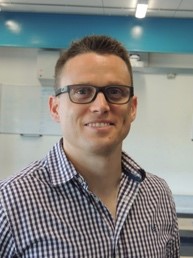 | 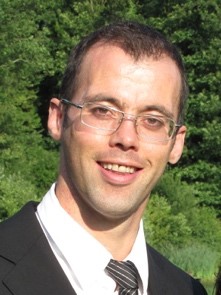 | |
| | Dr Rhodri Lloyd,
Reader in Paediatric Strength & Conditioning.
Chair of Youth Physical Development Research Group | Professor of Applied Paediatric Exercise Science.
Vice-Chair of Youth Physical Development Research Group | |
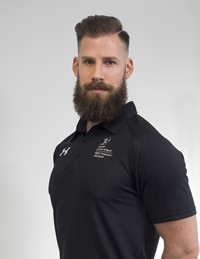 |
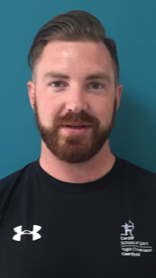 | 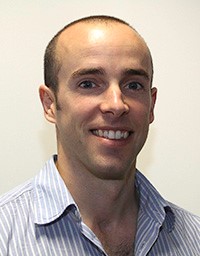 | 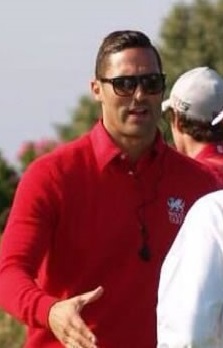 |
Dr Jason Pedley,
Lecturer in Strength & Conditioning |
Dr John Radnor,
Lecturer in Strength & Conditioning | Principle Lecturer in Strength & Conditioning | Dr Zach Gould, Lecturer in Strength & Conditioning |
|
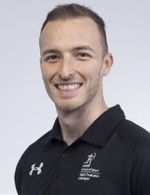 | 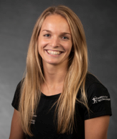 | 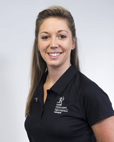 |
| Tom Mathews,
Technician Demonstrator in Strength & Conditioning | Technician Demonstrator in Strength & Conditioning | Lecturer in Sports Massage & Rehabilitation |
Students
Saldiam Barilias - PhD Student
Ian Dobbs - PhD Student
Nakul Kumar - PhD Student
Dean Perkins - PhD Student
Ben Pullen - PhD Student
James Shaw - PhD Student
Emma Williams - PhD Student
Collaborators
Prof John Cronin,
Auckland University of Technology, NZ
Prof Avery Faigenbaum,
The College of New Jersey, USA
Prof Greg Haff,
Edith Cowan University, AUS
Prof Greg Myer,
Cincinnati Children’s Hospital
Prof Mark De Ste Croix,
University of Gloucestershire, UK
Dr Paul Read,
Aspetar Orthopaedic and Sports Medicine Hospital
Dr Craig Harrison,
Auckland University of Technology, NZ
Dr Michéal Cahill,
Athlete Training and Health, USA
Examples of Funding
Knowledge Economy Skills Scholarships (KESS2), £72,000.The influence of growth, maturation and training on golf swing characteristics in junior golfers. Collaborative partners Wales Golf
Knowledge Economy Skills Scholarships (KESS2), £72,000. A physical education intervention to improve the athletic motor competency of secondary school children. Collaborative partners Sport Wales
National Strength and Conditioning Association International Collaboration Grant $49,060. The effects of targeted neuromuscular training on ACL injury risk factors in female child athletes. Collaborative partners Cincinnati Children’s Hospital
Erasmus+ Small Collaborative Grant €60,000. The PARENT Project. Collaborative Partners: Swansea University + multiple European partners
